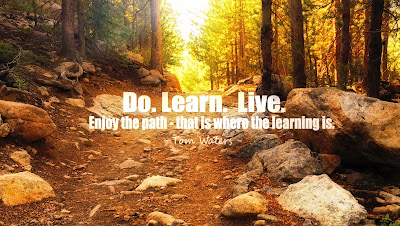Powerful Teams Don't Compromise Collective Purpose!
Collective purpose is such a buzz-type word. But the concept is more than buzz. It's the foundation of good teamwork.
In practice, it is not as common as you would think. At least not as common as it should be with the surge in "collaboration" over the last 5 years. Everyone talks collaboration. Working together. Yet, it is not uncommon for many teams to actually collaborate with collective purpose.
What is collective purpose?
There are four basic features at the core of collective purpose. Here they are from big picture down to technical detail.1. When a team shares a vision about what needs to happen and where they intend to be.
2. When a team shares what they hope to achieve and the goals they have to reach along the way.
3. When a team understands how they go about their business.
4. When a team accepts the roles and plays those roles with passion and strength.
Collective purpose can empower and awaken a team to move in the same direction. Collective purpose creates collaboration and erodes in-team competition.
A Shared Vision
Where are we trying to get our students in the next month? Where do they need to be by the end of the year? What does it look like when we get them there?Hopes and Goals
Collective purpose means team members each share a common sense of hopes and goals. Whether those goals or formal or informal...they define what the team can achieve, or they provide the limits.How We Work
Norms, shared commitments, ground rules - these are a part of collective purpose. Again, they may not even be formal, but how the team accomplishes their work...that's vital to their success.Playing the Roles
You're not a team if you don't have roles to play. These can be organic roles or explicitly defined. The roles will determine your success. How well each member plays their roles will determine success.How do you seek to communicate the importance of collective purpose? How are you supporting teams to develop collective purpose in a meaningful way?




Comments
Post a Comment
What are your thoughts?